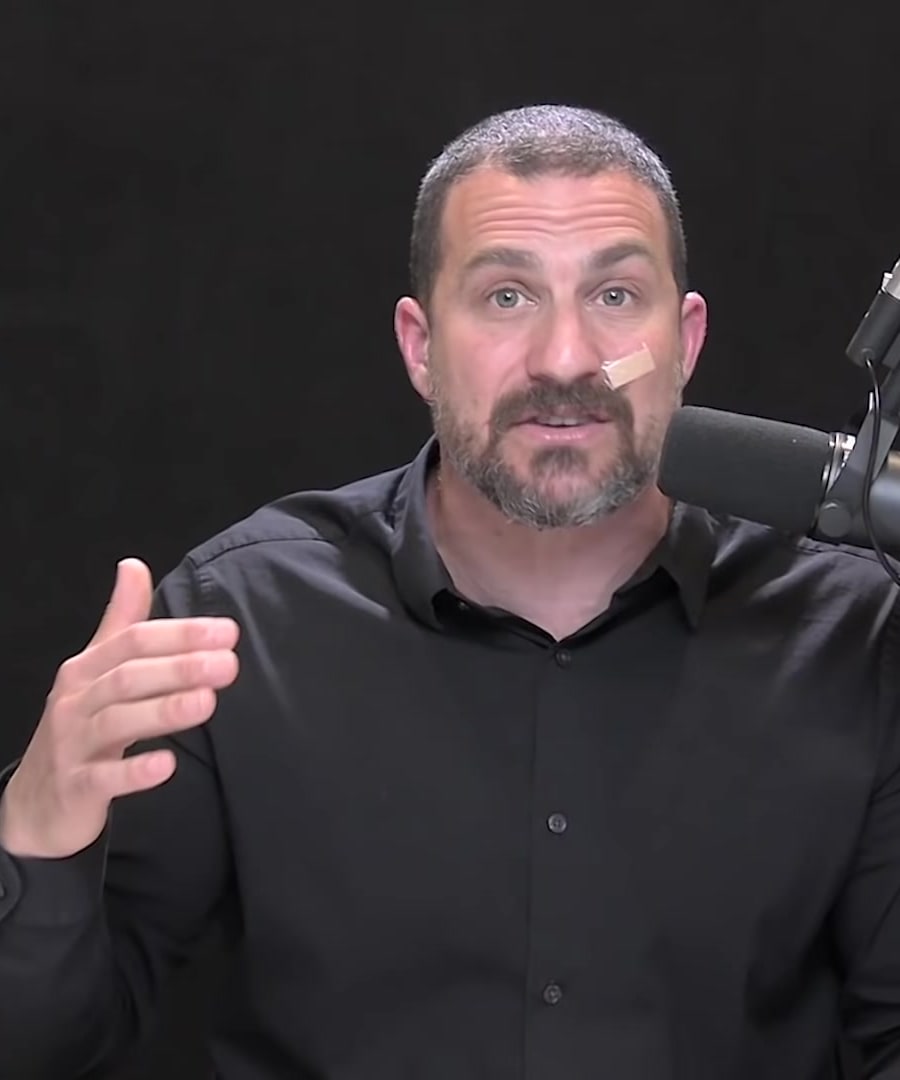Why is bright light at night bad for sleep?
Sources:
Bright light at night is detrimental to sleep because it disrupts the natural release of melatonin, the hormone that promotes sleepiness and helps to regulate the sleep-wake cycle. explains that viewing bright artificial light, especially overhead lights, between 10:00 p.m. and 4:00 a.m. counters the body's natural progression towards sleep 1. Artificial lights mimic the effects of sunlight which signals wakefulness to the brain through light-sensitive cells in the eyes that respond to the upper visual field, representing overhead light 1.
Seeing bright lights late in the evening or middle of the night can trigger a 'phase delay' in our circadian clocks, causing the brain to perceive it as morning light and delaying the time we feel sleepy and want to go to bed 2. Moreover, bright light exposure during this time can negatively impact the dopaminergic circuits, leading to potential mood disorders and affecting mental health 3. It can also suppress the production of essential hormones like dopamine, testosterone, and estrogen 4. Therefore, to optimize sleep and maintain good mental health, it is recommended to avoid bright light exposure during the late-night hours.
RELATED QUESTIONS
Why is bright light at night bad for sleep?
- RELATED QUESTIONS



